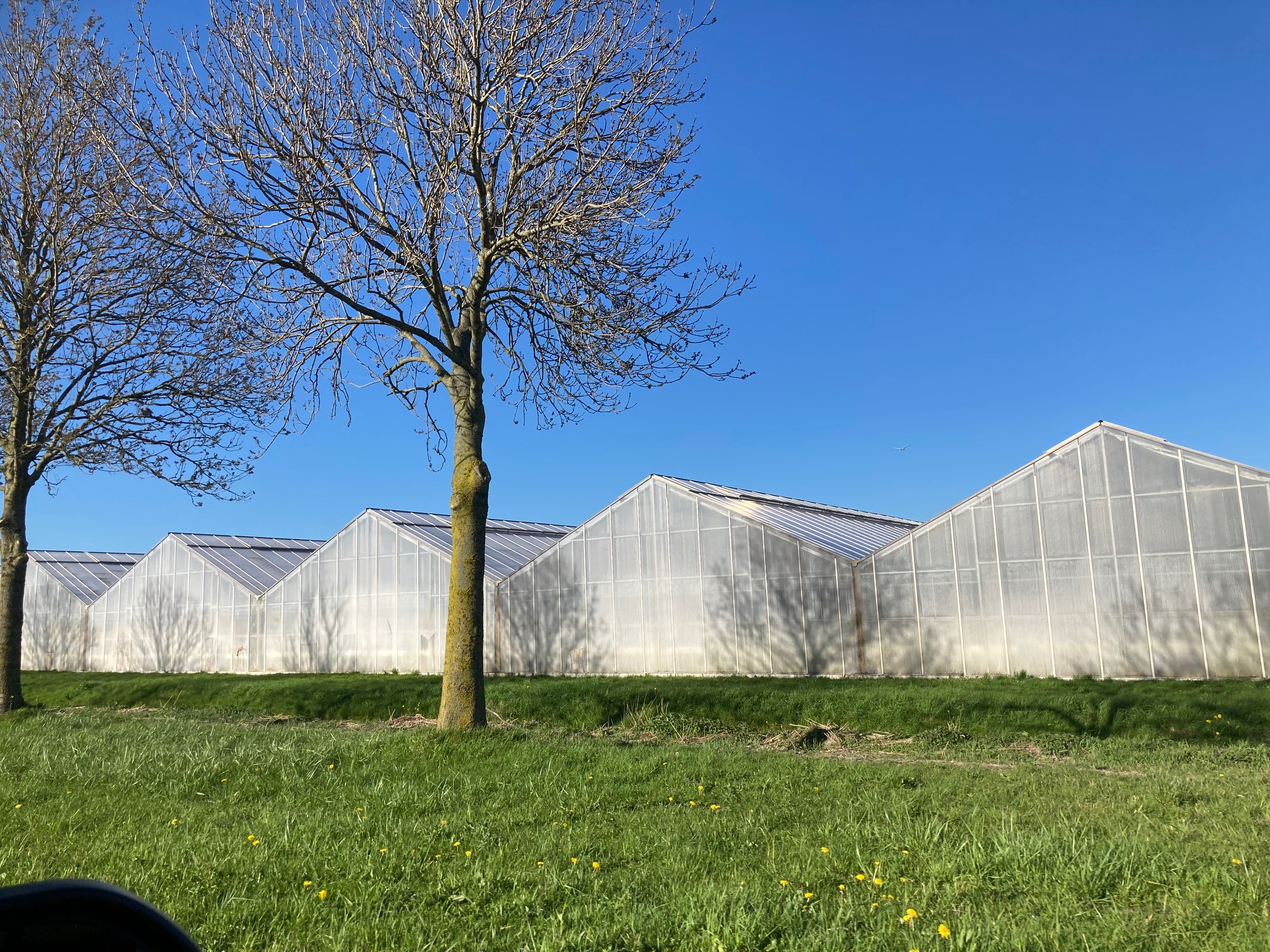“Indonesians and Nigerians could solve Dutch worker shortage”

The Netherlands should recruit workers in emerging countries such as Indonesia and Nigeria to prevent an economic downturn, government advisory body WRR has said.
The Dutch economy relies on labour from Eastern Europe and on products made in China but the ageing population in those countries will make products scarcer and workers more expensive, it warned.
“Closer trade and labour relations with countries which have a growing working population” would “offer chances to Dutch businesses and stimulate emerging economies”, the WRR said in its latest recommendations.
With over half of the Dutch population aged 50 or older, many sectors are struggling to find staff and one in 10 workers in the Netherlands comes from abroad.
“Our prosperity depends on having sufficient workers from other countries,” WRR researcher Gijsbert Werner told the AD. “We need people. Who else is going to build the 100,000 homes a year that we need? The goods we buy also largely come from other countries, and manufacturers here use semi-finished goods from abroad.”
In the next 20 years, many of the goods will come from India, Vietnam, and the Philippines, but even there the working population will shrink, the researchers say. Production will then move to countries in Africa, including Nigeria, where 40% of the working population is under 14, the WRR predicted.
“To make sure these countries become real trade partners, big investments will have to be made in healthcare, education and political stability. Without these conditions, we will lose an opportunity and the country will face turmoil. So investing in Africa is of mutual benefit,” Werner said.
Despite political moves to limit the number of foreign workers coming to the Netherlands, the WRR recommends the next government make a start with labour migration agreements with countries in Southeast Asia and Africa.
“Many foreign workers come from other EU countries and because of the free movement of persons, we cannot impose conditions,” he said.
“But we can when they come from outside the EU. We can, for instance, limit their time here. But that means the government should speed up a proper labour migration policy, with rules regarding the accommodation for workers and their return.”
Economists and politicians have called for a rethink in Dutch economic policy and a shift away from low-wage sectors such as logistics and the meat industry, which largely rely on cheap foreign workers.
Thank you for donating to DutchNews.nl.
We could not provide the Dutch News service, and keep it free of charge, without the generous support of our readers. Your donations allow us to report on issues you tell us matter, and provide you with a summary of the most important Dutch news each day.
Make a donation